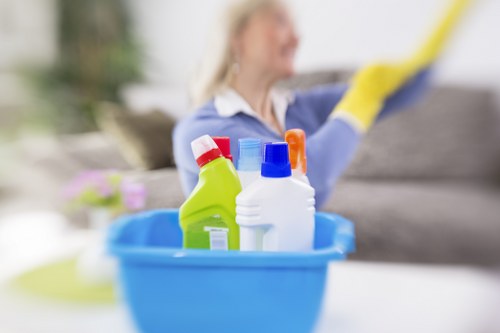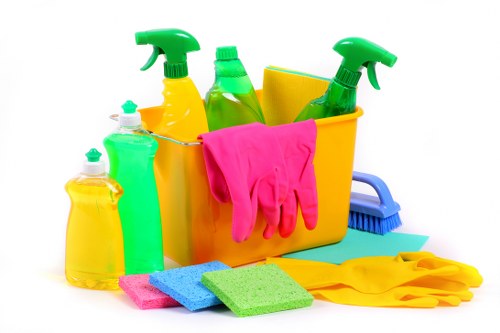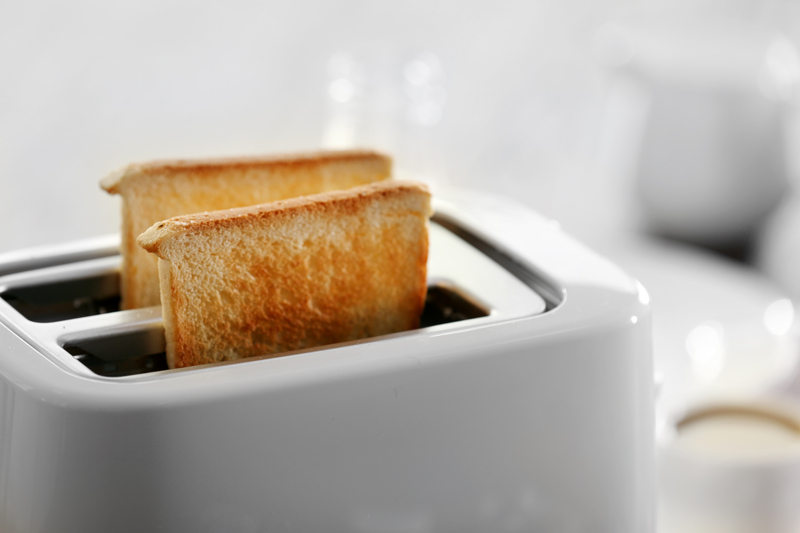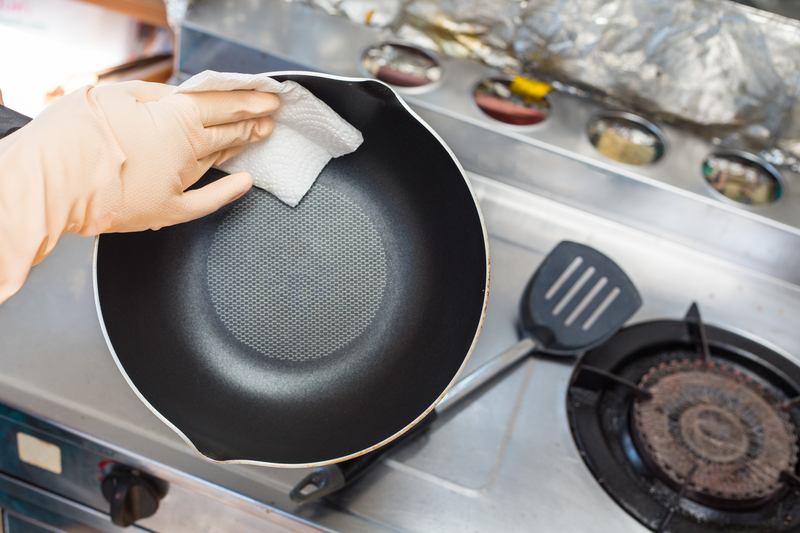The Ultimate Guide to Oven Cleaning

Keeping your oven clean is not just about aesthetics; it's essential for maintaining the appliance's efficiency and ensuring the food you cook is safe and delicious. Over time, spills, splatters, and accumulated grease can not only lead to unpleasant smells but also affect the oven's performance. Regular oven cleaning helps prevent buildups that can cause uneven heating or even potential fire hazards.
There are various methods available for oven cleaning, each with its own set of advantages and considerations. From self-cleaning features built into modern ovens to eco-friendly cleaning solutions, homeowners have multiple options to achieve a spotless oven. Understanding the different cleaning techniques can help you choose the one that best suits your needs and preferences.
In addition to maintaining the oven's appearance, regular cleaning can extend its lifespan. A well-maintained oven is less likely to encounter mechanical issues, saving you from costly repairs or replacements in the long run. Furthermore, a clean oven contributes to a healthier kitchen environment by reducing the accumulation of harmful residues and fumes.
Choosing the right oven cleaning method depends on several factors, including the level of dirtiness, the type of oven, and personal preferences regarding cleaning agents. Some methods are more hands-on and require manual effort, while others leverage the oven's self-cleaning capabilities to simplify the process. It's important to consider the pros and cons of each method to determine the most effective approach for your specific situation.
Moreover, regular maintenance practices can significantly reduce the frequency and intensity of oven cleaning sessions. Simple habits like wiping up spills immediately after use and covering baking trays with liners can prevent stubborn stains and buildups. By integrating these practices into your kitchen routine, you can keep your oven cleaner with minimal effort.

Oven cleaning is not just about removing visible grime; it's also about ensuring that the appliance functions efficiently. A clean oven distributes heat more evenly, preventing hotspots that can lead to uneven cooking. This not only improves the quality of your meals but also reduces energy consumption, making your kitchen operations more sustainable.
Furthermore, a clean oven enhances the overall hygiene of your kitchen. Residual food particles and grease can become breeding grounds for bacteria and mold, posing health risks to you and your family. By maintaining a clean oven, you ensure that your cooking environment remains safe and sanitary.
Advanced oven cleaning technologies have also made the process more convenient. Self-cleaning ovens, for example, use high temperatures to burn off residues, turning them into ash that can be easily wiped away. This method eliminates the need for harsh chemical cleaners, making it a preferable option for those seeking a more environmentally friendly approach.

Choosing the right products for oven cleaning can make a significant difference in the effectiveness and ease of the process. There are various commercial oven cleaners available that are formulated to tackle tough stains and grease. However, many homeowners prefer using natural cleaning agents like baking soda and vinegar, which are non-toxic and environmentally friendly.
When selecting a cleaning product, it's important to consider the material of your oven and any manufacturer recommendations. Some harsh chemicals can damage the oven's interior surfaces, leading to discoloration or corrosion. Always check the ingredient list and opt for cleaners that are safe for your specific oven type.
In addition to cleaners, having the right tools on hand can enhance the cleaning process. Items like scrub brushes, sponges, and microfiber cloths are essential for removing stubborn residues without scratching the oven's surfaces. Investing in quality cleaning tools ensures that you can maintain your oven effectively without causing unintended damage.

Maintaining a clean oven goes beyond periodic deep cleans. Daily or weekly maintenance can prevent excessive buildups and make the cleaning process less daunting. Simple steps like wiping spills immediately, using oven liners, and regularly cleaning oven racks can keep your oven in top condition with minimal effort.
Moreover, keeping the oven doors closed when not in use can prevent dust and other particles from settling inside. Ensuring that the oven is turned off and cooled down before cleaning is also a crucial safety measure. These preventive practices not only simplify the cleaning routine but also enhance the oven's performance and longevity.
Technology has also introduced innovative solutions to aid in oven maintenance. Smart ovens now come equipped with features that alert you when cleaning is needed or even perform self-cleaning cycles automatically. Embracing these technological advancements can streamline the cleaning process and ensure that your oven remains spotless with minimal manual intervention.

In summary, oven cleaning is a vital aspect of kitchen maintenance that offers numerous benefits, from improved efficiency and extended appliance lifespan to enhanced hygiene and safety. By understanding the different cleaning methods and implementing regular maintenance practices, you can keep your oven in pristine condition with ease.
Whether you opt for traditional manual cleaning techniques or leverage modern self-cleaning features, the key is consistency and using the right tools and products. By prioritizing oven cleanliness, you not only ensure better culinary results but also contribute to a healthier and more efficient kitchen environment.
Ultimately, a clean oven reflects the care and attention you invest in your home, making it a cornerstone of a well-functioning and attractive kitchen. Embrace the importance of oven cleaning and incorporate it into your regular household routine to enjoy its many advantages for years to come.


